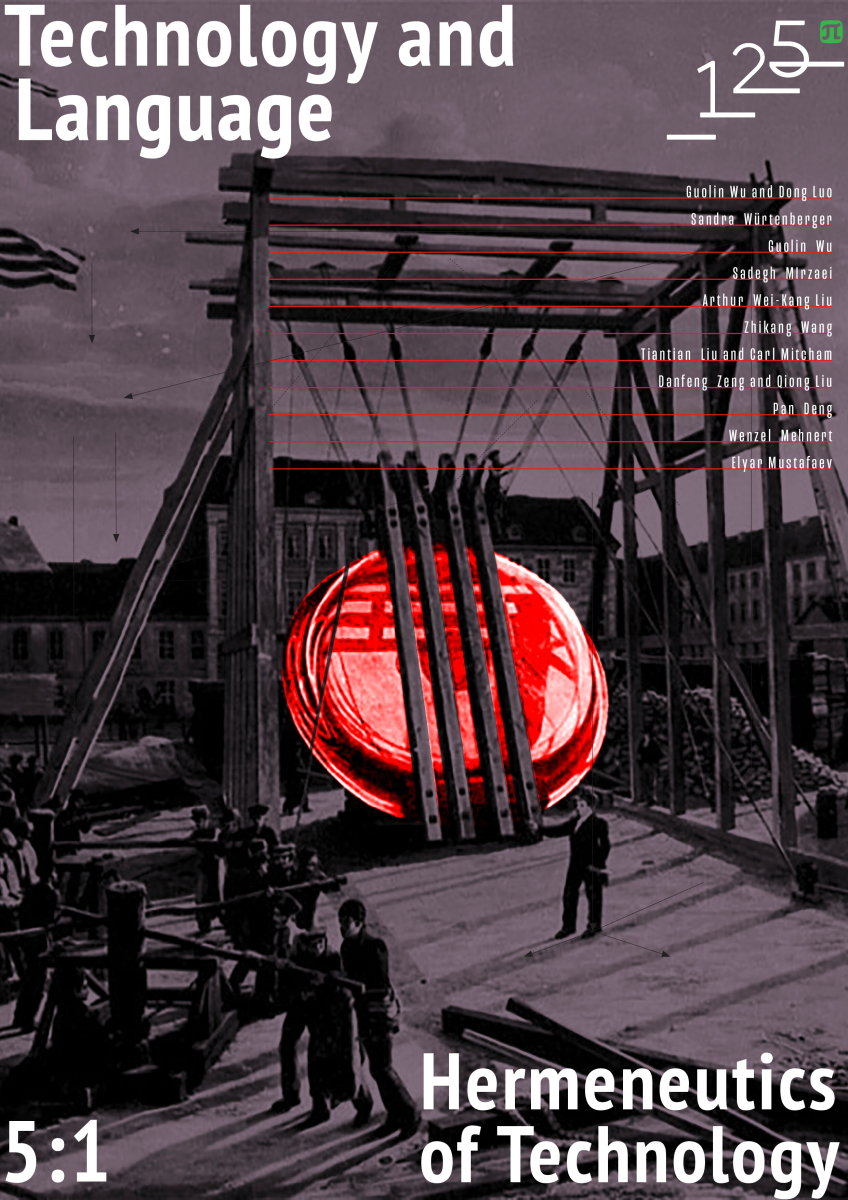Teaching Students to Communicate in a Foreign Language through Teamwork on Virtual Communication Platforms
The article describes the advantages of organizing students’ collaborative language practice sessions on virtual communication platforms and the results of the research which was aimed at identifying whether teamwork was more conducive to improving monologue or dialogue speech skills than each student’s autonomous work. To this end, we conducted an experiment during the epidemic of COVID-19, in which all the participants were to analyze the quotations, following the scheme which was offered in the additional textbook. The exposure groups were given a home assignment to analyze the quotations in the form of monologues in the course of working in teams on a virtual communication platform. In class, they were asked discussion-generating questions, and they made dialogues in pairs to answer them. The students in the reference groups did the same home and classroom assignments individually. At the end of the experiment, the students were asked to prepare final monologues and dialogues related to one of the topics studied in the course of the experiment. The difference between the scores they got for the final and diagnostic monologues and dialogues was much higher in the exposure groups than in the reference ones because teamwork was mutually enriching for all the members of the small groups: their members contributed to each other’s level of foreign-language proficiency by exchanging ideas, sharing their knowledge of grammar and vocabulary, correcting their partners’ mistakes and encouraging them to use new words, phrases and grammatical structures. The experiment allowed us to make an additional conclusion: the scores for the monologues increased in both the reference and exposure groups to a greater extent than the scores for the dialogues. Since the scores for the diagnostic dialogues were higher than those for the diagnostic monologues, the scope of improvement for the monologues was greater than that for the dialogues. The results of the research indicate that teamwork on virtual communication platforms is an indispensable tool which can be used in EFL classroom to teach the students to communicate in a foreign language.



